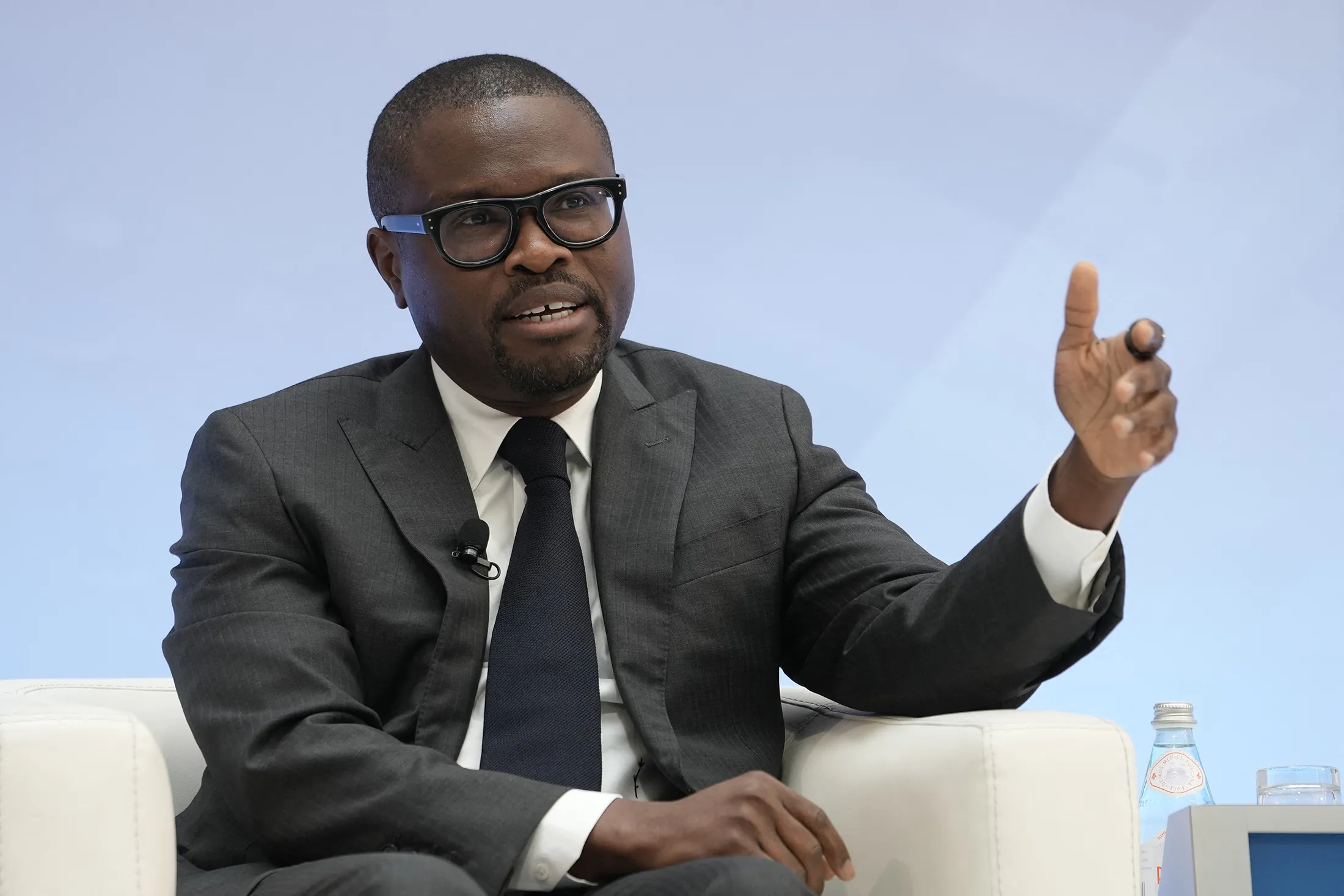
The surprise nomination of Romuald Wadagni as Benin’s presidential candidate for the April 2026 election has stirred political debate and drawn striking parallels with Ivory coast’s turbulent succession crisis in 2020.
Wadagni, Minister of Economy and Finance since 2016 and a close ally of President Patrice Talon, is widely seen as the architect of the administration’s economic reforms and a key figure within its technocratic system.
His selection signals continuity, yet the political scene in Cotonou is recalling a scenario that unfolded five years earlier in Abidjan.
In 2020, Ivorian President Alassane Ouattara, after declaring he would not seek a third term, endorsed Prime Minister Amadou Gon Coulibaly as his successor.
Coulibaly, like Wadagni today, was regarded as competent, loyal, and discreet — a man of reforms rather than populism.
But on July 8, 2020, he died suddenly of cardiac arrest shortly after returning from medical treatment in France. The succession plan collapsed, prompting Ouattara to return as a candidate and secure victory in a tense and contested election.
This precedent has left many in Benin questioning whether the planned transition between Talon and Wadagni will proceed as intended or face a similar dramatic twist. The nomination, backed by the ruling coalition’s key parties, the UPR and BR, leaves little doubt about Talon’s influence over the process.
Observers note that Benin’s institutions and political apparatus appear firmly aligned behind Wadagni, leaving limited room for a strong opposition challenge. Yet history across Africa has shown that last-minute reversals — driven by illness, death, or internal tensions — remain a persistent risk.
Wadagni’s technocratic image may also pose challenges. While his credentials in managing public finances are strong, he remains little known to the wider public. A presidential campaign, unlike a ministerial post, demands charisma, broad appeal, and the ability to unite a diverse electorate — qualities that his critics argue he has yet to demonstrate.
As Benin heads toward 2026, the shadow of Ivory Coast’s 2020 succession crisis looms large, raising the question: will this transition follow its course, or could it collapse under the weight of unforeseen events?



